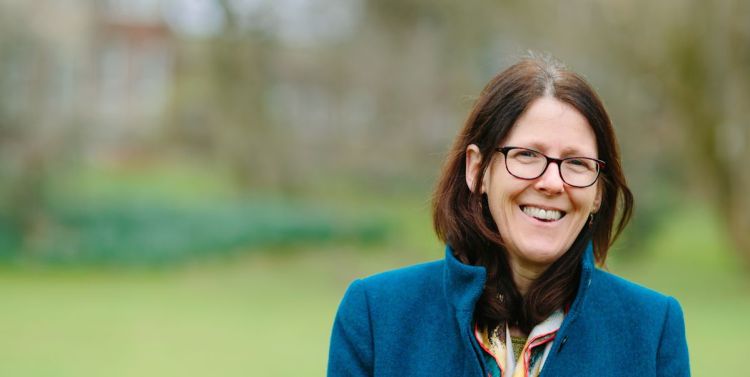Shared latrines key to progress

Civil Engineering Professor Barbara Evans has co-authored a journal article that discusses the importance of funding for safe, shared latrines in fast-growing, developing-world cities.
Professor Evans, School of Civil Engineering, co-authored the article alongside sanitation specialists from the World Bank, WaterAid, Water & Sanitation for the Urban Poor (WSUP), and the University of Colorado.
The editorial, entitled 'Limited services? The role of shared sanitation in the 2030 Agenda for Sustainable Development', warns that funding for safe, shared latrines in fast-growing, developing-world cities is at risk of neglect from donors, policymakers and planners.
WaterAid has joined WSUP, World Bank, and leading academics in urging donors, policymakers and planners not to neglect shared sanitation. In developing countries where private household toilets aren’t yet an option, safe, well-managed shared toilets are a crucial step to further improvement.
The editorial, carried in the Journal of Water, Sanitation and Hygiene for Development, calls on governments, policymakers and donors to recognise the role that high-quality shared toilets can play in addressing the urgent needs of those living in dense slums, where a toilet in every household is not often an option.
It also warns against dwindling investment, planning and delivery of this essential step toward better health and dignity for the urban poor.
WaterAid senior policy analyst Andrés Hueso said:
“Everyone everywhere deserves a safe, private toilet. But we know that for densely populated slums, where large families may live in single rooms and private toilets are simply not yet an option, well-designed and well-managed shared sanitation provides an essential stepping stone to dignity and better health.
Well-managed shared sanitation provides an essential stepping stone to dignity and better health.
Poor sanitation increases the risk of illness, particularly in slums and informal settlements which are common at the edges of many fast-growing cities in the developing world. An estimated 289,000 children under five die each year of diarrhoeal illnesses directly linked to dirty water, poor sanitation and poor hygiene.
Professor Evans was also the co-author of a recent paper about a new study, which has found that spreading the cost of waste removal over a series of monthly payments could make waste management more affordable for poor households.




